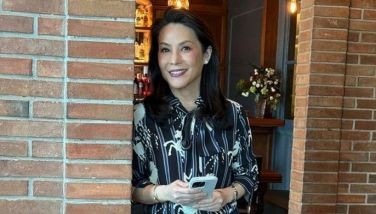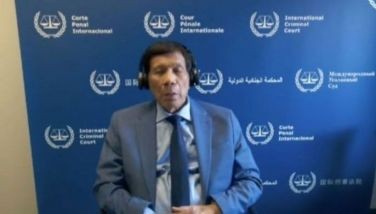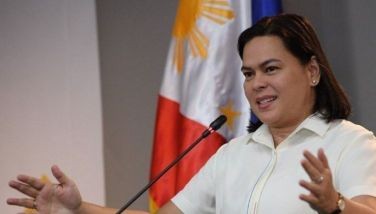A great Briton

Life in Britain this week is dominated by the death of Lady Thatcher, Britain’s longest serving Prime Minister of the 20th century. The mood was summed up when our present Prime Minister, David Cameron, said that we had lost a great Prime Minister, a great leader and a great Briton.
Like the Prime Minister and the leaders of our other two main political parties, I was born in the 1960s. It is no exaggeration to say that Margaret Thatcher was a towering figure in the lives of our generation. She was premier throughout most of my high school and university years, and when I first joined the Diplomatic Service. When she won the general election in 1979 the fact that she was Britain’s first woman Prime Minister dominated the headlines. But in the years that followed, her impact was to be even more significant.
Freedom was at the heart of Mrs Thatcher’s ideology. She defended freedom against totalitarianism. She wanted the private sector freed-up to generate more wealth. And she wanted people to have more freedom to spend the money they earned rather than the government to spend it through taxes. It is in the nature of a democracy that a great leader will attract criticism as well as praise. You only need to read the mass of commentary in the media this week to be reminded that many of the late Prime Minister’s views and decisions were the subject of intense debate at the time, and often controversy.
What is striking to me, however, is the extent to which, over subsequent years we have come to take so much of what she did for granted. In Europe, most of the people who lived behind the Iron Curtain are now part of the European Union. It was Lady Thatcher’s unwavering support, alongside President Ronald Reagan, for the people of Eastern Europe which gave hope and inspiration and which led to the collapse of Communism in Europe and the end of the Cold War.
Lady Thatcher also transformed the way we think about the economy and politics. She promoted privatisation of our public utilities, championed the contracting out of public services, and the liberalisation of financial markets. These were bold ideas, often the focus of sharp debate and disagreement. Yet in the years after she left office, these ideas were taken up around the world and became increasingly the new orthodoxy. Another of our former Prime Ministers, Tony Blair, said that his predecessor had changed the landscape of British politics and reframed political debate.
Lady Thatcher’s term of office coincided with a turbulent period in Philippine politics and society. Yet I believe that what she stood for resonates strongly here and across ASEAN. We can see how her economic thinking, refined and adapted to national circumstances, continues to be at the heart of growth in Asia. And democracy and freedom remain defining values of both Britain and the Philippines.
Lady Thatcher’s story underlines the strengths of true democracy. Rising from a modest background, she was elected to office on a platform of radical change. She never hid her agenda and pursued it with all her might. She received a mandate from the people three times and left public service when voted out as leader by her own party. Her enduring national and global influence stemmed from her ideas and not the pursuit of office. As Foreign Secretary William Hague said on Monday, she was one of our finest leaders, one of our most remarkable politicians, and one of the greatest spirits of our country.
(Stephen Lillie is the British Ambassador to the Philippines)
- Latest
- Trending



























